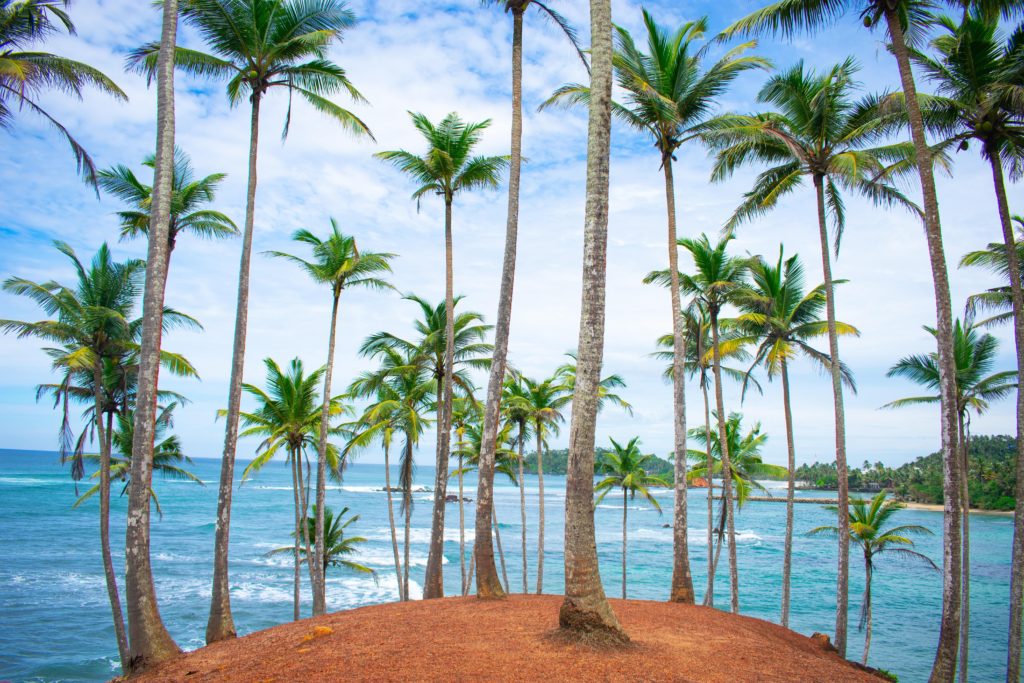Tourism has been a cornerstone of Sri Lanka’s economy since ancient times and has consistently ranked as the fifth foreign exchange earner. The industry’s significant contribution, exceeding 11% of the country’s total employment, underscores its vital role in the nation’s prosperity.

Tragically, the tourism sector, a vibrant part of Sri Lanka’s economy, was brought to its knees by the devastating Easter attack in April 2019.
The subsequent onslaught of the COVID-19 pandemic further compounded the industry’s plight, leaving it in a state of uncertainty and despair.
Before the Pandemic and Easter attacks, Sri Lanka was a welcoming destination for around 160,000 foreign tourists each month.
However, the first quarter of 2021 saw a drastic decline, with the total number of tourists plummeting to less than 10,000, a staggering 94% drop.
This alarming decline underscores the urgent need for immediate measures to revive the tourism sector.
Will the revised Tourism Act make way for corruption?
To save the tourism industry from its current drowning status, the Sri Lankan government has brought a new tourism act replacing the existing one passed in 2005.
This latest act proposed to establish a new Sri Lanka tourism authority by merging three other state-owned organizations: the Sri Lanka Tourism Development Authority (SLTDA), the Sri Lanka Tourism Promotion Bureau (SLTPB), and the Sri Lanka Conventions Bureau (SLCB).
The government expects to strengthen the state’s representation of Sri Lankan tourism through the new act.
It has been noticed that private-sector representation under the 2005 act has been removed under the new bill.
Leaving the private sector in the cold
Because of this change, the Tourist Hotels Association of Sri Lanka (THASL) and the Sri Lanka Association of Inbound Tour Operators (SLAITO), with some other associations related to the private sector of Sri Lankan tourism, strongly disagree with the proposed new act.
These two organizations are the key players in the Sri Lankan tourism industry and can bring most foreign tourists to the island.
They say their perspectives were neglected when the new act was proposed.
Has Sri Lanka failed again?
The private sector of the tourism industry claims that what they need at the moment is just financial aid and protection from COVID-19, not a change in the Tourism Act.
Further, they are concerned about misusing the tourism development fund worth 3.5 billion LKR as the private sector has no say in the decision-making process under the proposed new act.
They also worry about the highly valuable land deposit the Sri Lanka-owned Development Authority owns.
Sector doubts that these lands located in Kalpitiya, Bentota, Pasikudah, and Beruwala are at a high risk of being misused as the government is given a monopoly over these assets under the new act.









